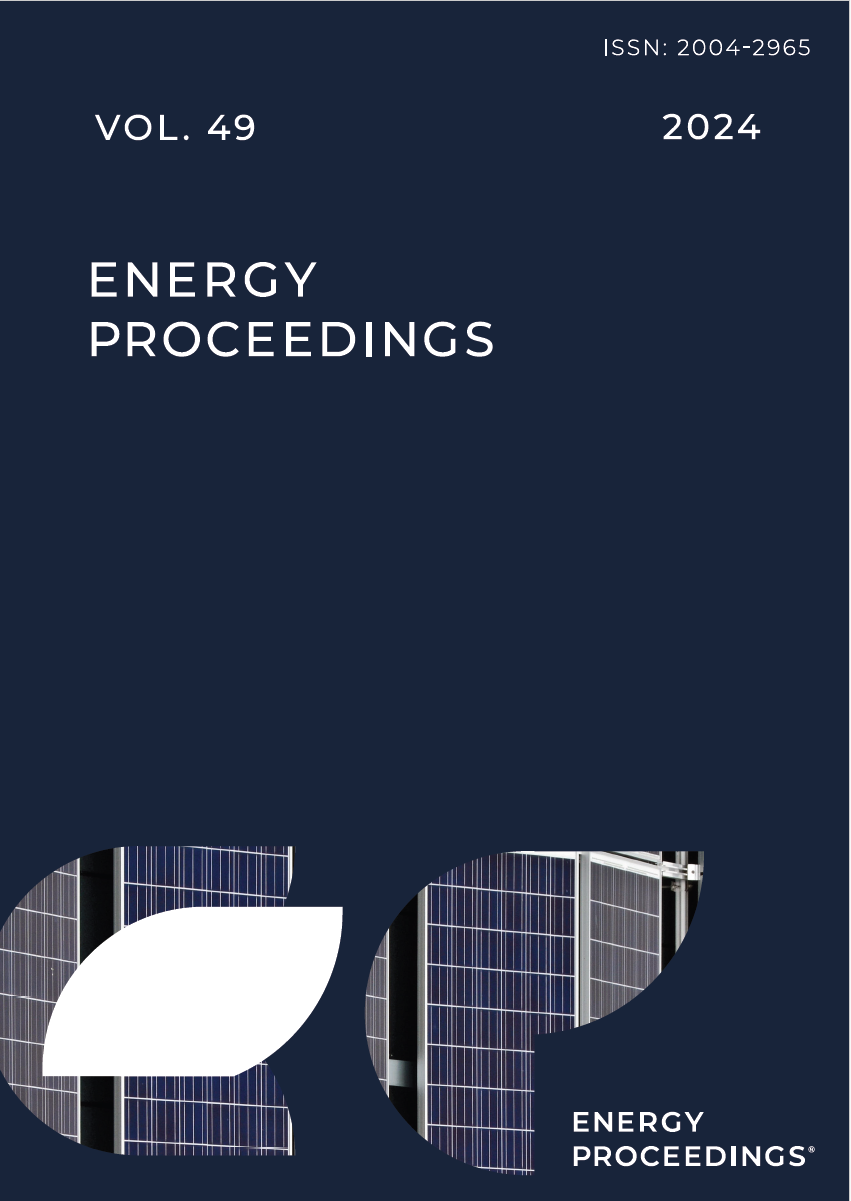
Volume 49
ISSN 2004-2965
Phase Transitions and Kinetics of Vapour Adsorption on Mesoporous Silica
Zhuan-Tao He, Chun-Mei Wu, Wei Zhang, You-Rong Li
Download PDF
Article Preview
Short-Term Combination Prediction of Wind Power Considering Meteorological Complexity and Wind Power Volatility
Qianyu Ma, Haiyun Wang, Xiaochen Su, Jiahui Wu
Download PDF
Article Preview
Scenario Analysis for Energy Transition Integrating Global and Local Perspectives
You Li, Weisheng Zhou, Yafei Wang
Download PDF
Article Preview
Analysis operational characteristics and potential faults of PEMFC in PEMFC -battery powered bulldozers
Yang Xiaomei, Tan Piqiang, Liu Xiaoyang, Tian Congfeng, Lou Diming, Hu Zhiyuan
Download PDF
Article Preview
Investigation of the Proton Exchange Membrane Fuel Cell Performances by Optimization of the Hot-pressing Process for Membrane Electrode Assembly Fabrication
Mingyu Lou, Rui Lin
Download PDF
Article Preview
Experimental Investigation of Fracture Conductivity in Shales Considering Proppant Embedment and Crushing
Huan Chen, Zhiming Wang, Pengyin Yan, Ying Yang
Download PDF
Article Preview
Enhancing Metal Hydride – Phase Change Material Hydrogen Storage Systems Efficiency with Expanded Graphite
Marco Maggini, Giacomo Falcucci, Andrea Luigi Facci, Stefano Ubertini
Download PDF
Article Preview
Study on the Influence of Non-Uniform Surface Temperature on the Wind-Thermal Environment of the Building Complex
Zhengrong Li, Qianru Chen, Heyu Wang, Chenliang Ma
Download PDF
Article Preview
Temperature-jump of ethanol evaporation in cylindrical pool heated by bottom at low pressure
Chuan-Long Ge, Hua-Yang Liu, You-Rong Li
Download PDF
Article Preview
Impact of Microplastics on the Gene Abundance of ANME-1 Methane Metabolism
Xiaonan Wu, Jing-chun Feng, Xiao Chen, Si Zhang, Zhifeng Yang
Download PDF
Article Preview

Copyright ©
Energy Proceedings

